Building Credit When You Don't Have Credit History

Posted by Eric Skates on
A good credit history is the key to many important financial opportunities. Without a good credit score, it's difficult to get a mortgage, a credit card, or any other type of loan. But what should you do if you're just beginning to build your credit? How can you establish a good credit score if you have no credit history?
Ways to Build Credit
Here's how you can start to establish your credit history for the first time
Apply With a Co-Signer
Applying for credit with a co-signer can help you qualify for a loan or get better terms. Remember that both you and your co-signer are responsible for payments, and the credit history will affect both of your scores.
Become an Authorized User
One of the easiest ways to build credit history is to become an authorized user on someone else's credit card. If you choose this route, keep these important points in mind:
- As an authorized user, you don't need to use the card to build credit. As long as the primary account holder keeps the balance low and makes payments on time, it will help you build credit.
- If the primary account holder defaults or makes payments late, it will hurt your credit.
- Make sure that your credit card provider reports authorized user accounts to the credit bureaus. Most of them do, but not all.
- The primary account holder is responsible for paying the card's entire balance. If you become an authorized user, make sure you both agree on what types of purchases you can make with the card and how much you can spend.
Apply for a Store Credit Card
Retail store credit cards often have less stringent approval requirements than other cards. Keep in mind that store credit cards usually have high interest rates and lower limits compared to traditional credit cards. The best approach is to pay off the balance in full every month.
Apply for a Secured Credit Card
A secured credit card requires a cash deposit upfront. The credit limit is based on the amount of your deposit. The cash deposit becomes collateral if you miss payments. It's refunded to you when you close the account. Some lenders will allow you to eventually "graduate" to an unsecured credit card. When choosing a secured credit card, look for one that has a low annual fee. Make sure the lender reports to all of the major credit bureaus.
Use Your Credit Wisely
As you begin to build your credit history, here are some of the biggest mistakes you should avoid.
Late Payments
Payment history comprises the greatest portion of your credit score. That's why it's so important to make all of your payments on time, every time. This applies not only to credit cards, but utilities and other bills, too. Late payments will seriously hurt your credit score and will stay on your credit report for a long time.
Borrowing More Than You Can Afford
When you're short on cash, it's tempting to whip out the credit card—but be cautious. Credit utilization—the amount of your available credit you use—is a large part of your credit score. To find out your credit utilization rate, divide your total credit card balance by your credit limit. Experts recommend that you use no more than 30% of your available credit. Do your best to pay off your credit card in full every month and avoid carrying a balance.
Applying For Too Many Accounts
Any time you apply for credit, the lender will look at your credit report to decide whether to approve the application. This type of "hard inquiry" can lower your credit score. Opening new accounts also lowers your average account age.
For more credit-building tips, contact us online or give us a call toll-free at 877-255-3554 to get in touch with Mortgage Loan Officer in your area today.




